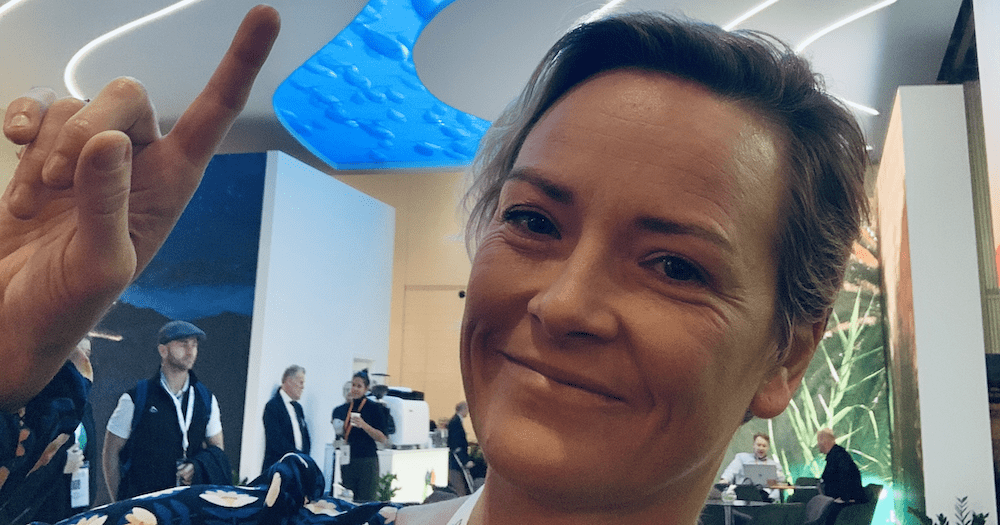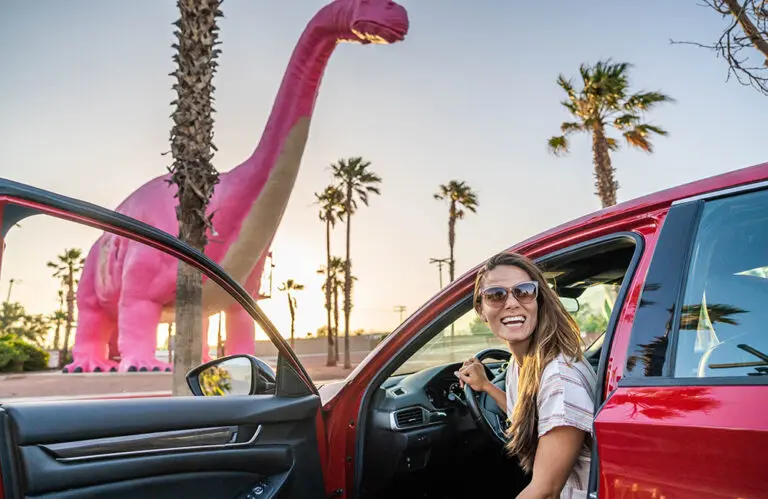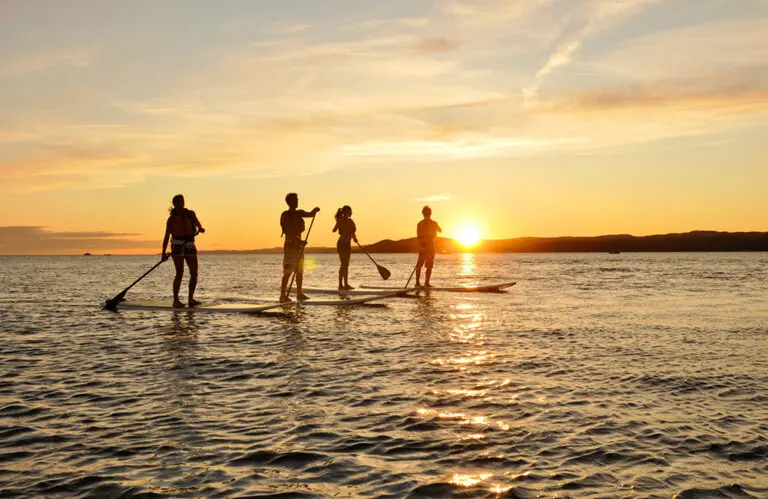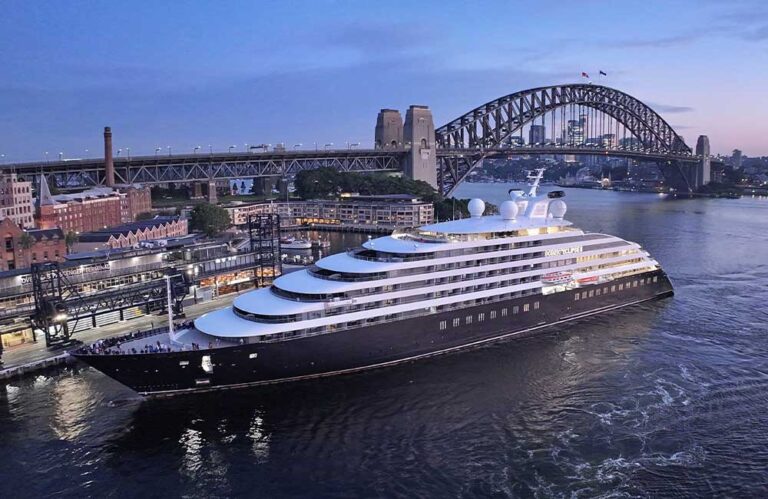The sheer amount of sustainability discussions at this year’s World Travel Market London is a good indicator that sustainability in travel is not just a theme, it’s moving into the mainstream, reports Destination Webinars‘ Charlie Trevena from WTM London.
What was also very clear was that, when it comes to sustainability, we as travel businesses are not moving fast enough for our customers.
Despite the clear benefits of embracing sustainability, some businesses may find it difficult to do so.
“Be brave, it’s not perfect but we are making change”, said Tim Williamson, Director, Responsible Travel.
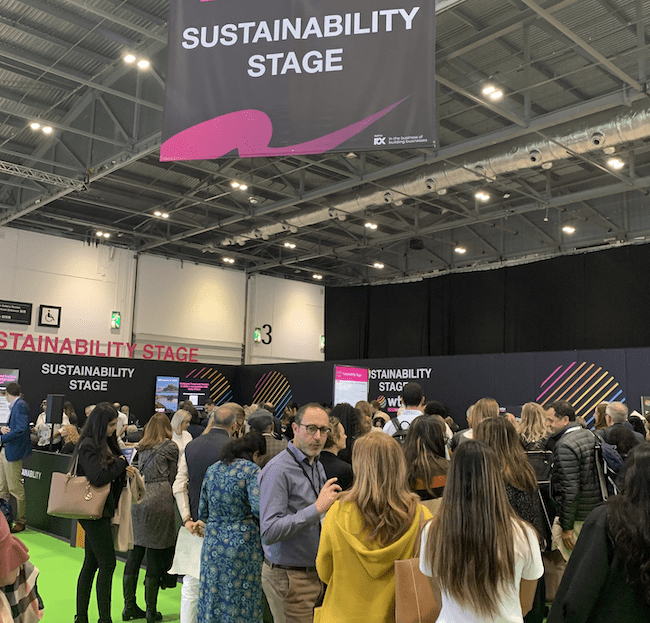
Here are some key notes from a few discussions from WTM:
Implementing Sustainability
- Travellers first and foremost are looking to reconnect and have unique experiences. Tangible things are not high on the wish list.
- At a minimum, customers want to see energy efficiency and recycling.
- What are the first steps you can take? Take a holistic approach and make a strong commitment that threads through your entire business.
- You don’t always have to create something new, look for opportunities to make small changes to your existing products and services.
- Keep your business local. Employ local people, buy local products.
- There is a trend that the higher the level of income = the higher the level of care, so as the price increases, the opportunities to be more sustainable do too.
- Connect sustainability internally from the top and empower your employees. It’s a long-term strategy that will help the business thrive if everyone follows through.
- The price you pay for scale is that it’s not perfect, but you can still make a start.
- Through tourism many people have their first sustainable experience i.e renting an electric car.
- Educate your clients on being more sustainable, and they might just take those habits home.
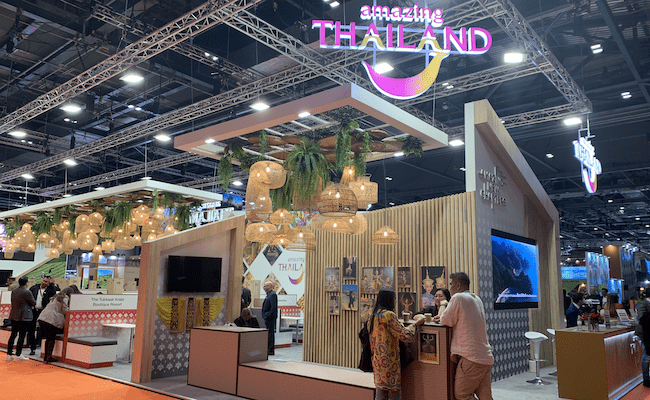
Marketing Sustainable Travel
- Connect sustainability to your brand throughout, it’s not a separate idea.
- Communicate your sustainability initiatives creatively, simply and clearly i.e. TUI add a green version of their usual red logo to more responsible holiday options.
- People aren’t explicitly searching for responsible travel options; they are looking for experiences. But you get a higher conversion if you communicate it well. When presented with two similar options, sustainability is a selling point.
- Help customers understand what makes an option sustainable.
- Don’t ‘Greenhush’ or ‘Greenwash’. Be honest and humble about where you are in the journey.
- Sustainability breeds brand ambassadors. Even if a customer didn’t book because of sustainability initiatives, they will likely rave about them afterwards. It makes them feel good.
- Use the responsible tourism stories around your business to resonate on an emotional level.
- Use content that is integrated and consistent i.e. images of visitors and locals together.
- Highlight the positive benefits of sustainable options to counteract beliefs that more sustainable equals more inferior.
- Reduce seasonality. Use the off-season to increase value versus reducing price. Test new things out, increase service, introduce unique experiences.
- Sustainability is ‘always on’, it’s not a campaign.
Government needs to lead by example
The best results are being seen where sustainability is government-led and integrated at all levels, with tourism offices, local businesses and tour operators working collaboratively.
For example, at a Greece National Tourism Office press conference at WTM, George Hatzimarkos, Governor of Greece’s South Aegean Islands said, “Don’t wait for the future, design it”.
To this end, the Southern Aegean and travel giant TUI have launched “The Rhodes Co-Lab”, with the aim of developing the island of Rhodes into an international beacon for the sustainable development of holiday destinations. They believe small changes on the ground can have a big impact if all partners work together and actively tackle sustainability transformation.
This is one of many projects that will be exciting to watch unfold, much like initiatives from other destinations that are also chasing the sustainability crown. Hey, if destinations want to make sustainability a competition for bragging rights and successful business, our industry and our planet will be all the better for it. Bring it on.
Host of Destination Webinars, Charlie, travelled to WTM London as a self-funded media visitor and is reporting for Karryon. If you have any questions, contact her at charlie@destinationwebinars.com.au


